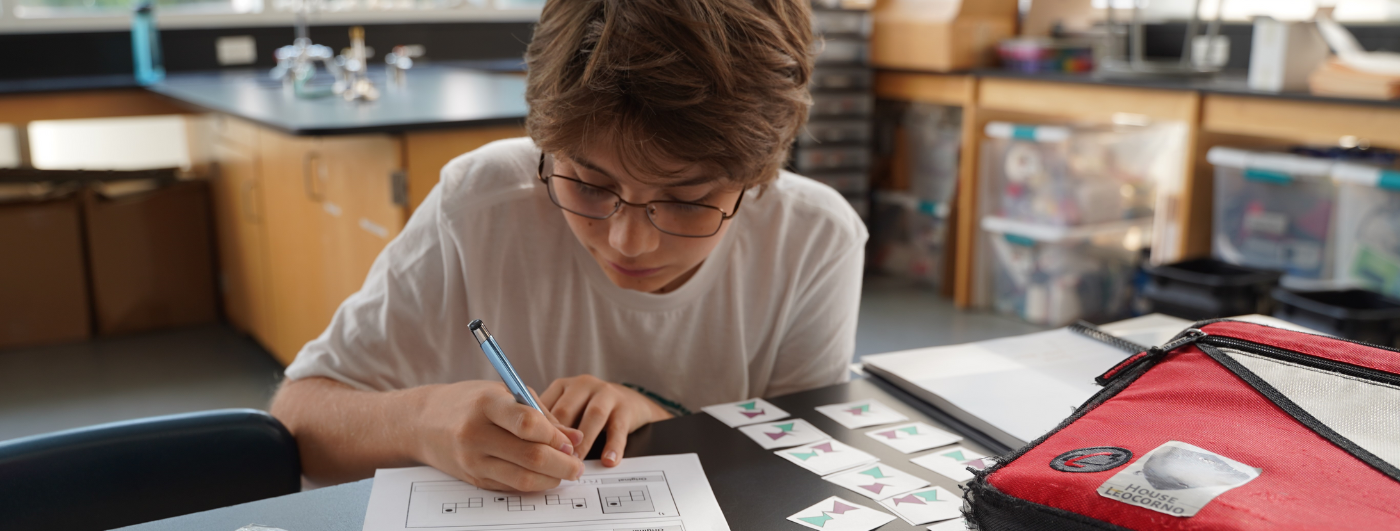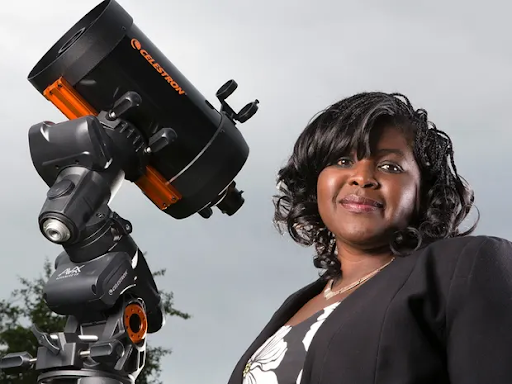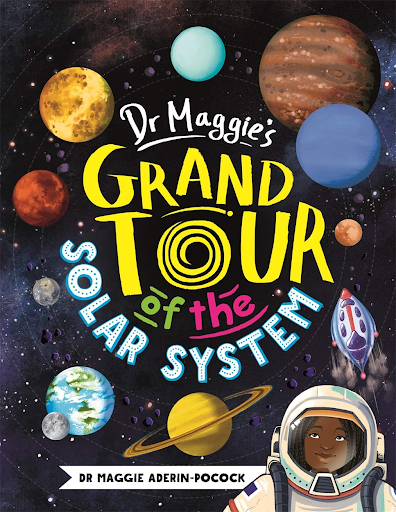Empowering students with language-based learning differences

Siena Blog



The Siena School Blog
Discover, Learn, Celebrate, and Empower
Welcome to Siena's blog, your source for helpful, cutting-edge resources tailored to teachers, parents, and other advocates in the learning differences community. We are dedicated to providing a wealth of curated knowledge spanning various topics, ranging from dyslexia advocacy and awareness to classroom teaching strategies, heritage month profiles, and social and emotional health.
Discover innovative classroom strategies that inspire creativity and foster a love of learning.
Our commitment to social-emotional wellness ensures that we provide valuable insights into healthy student development and self-advocacy.
Discover resources, reading and podcast recommendations, volunteering opportunities, and more for parents in the LD community.
Our important heritage month posts highlight key people, offer reading and podcast recommendations, and more.
Spotlight on Dr. Maggie Aderin-Pocock

“I was lucky because I got inspired by science, and I had an aptitude for it,” Dr. Maggie Aderin-Pocock shared in a 2014 interview for The Yale Center for Dyslexia & Creativity. As part of Women's History Month this year, Siena is featuring a woman who is currently making history.

Since being diagnosed with dyslexia at age 8 and attending 13 different schools in England before going to college, Dr. Aderin-Pocock has made many contributions to space science and science education more broadly in the past 25 years.
Dr. Aderin-Pocock, who was born to Nigerian parents in London and lives in England with her family, is currently an honorary research associate of University College London's Department of Physics and Astronomy. She has a Bachelor of Science in Physics and a Doctor of Philosophy in Mechanical Engineering. In 2009, she was awarded the Most Excellent Order of the British Empire (MBE) for her many achievements in science education.
For her entire career, Dr. Aderin-Pocock has worked to engage children and adults around the world about space, the stars, planets, and more. For a glimpse into Dr. Aderin-Pocock’s science-educational work (and her infectious enthusiasm), have a look at these:
- “How come you’re so interested in space?” See her answer (and more) in this interview with British Royal Society from 2014.
- “Science saved me from the doldrums and actually gave me an opportunity.” Listen to her share her science journey with The Female Lead in 2017, including being the only girl in an evening class on making telescopes.
- “From that, we were able to work out what chemical reactions are happening in the heart of a star.” Hear more about the spectrograph she built for the Gemini telescope in Chile to help analyze the light from stars.

Due to her expertise, Dr. Aderin-Pocock has been an integral part of the BBC shows “Do We Really Need the Moon?” and “The Sky At Night.” She’s also written Dr. Maggie's Grand Tour of the Solar System (2019), Book of the Moon: A Guide to Our Closest Neighbor (2018), and The Knowledge: Stargazing (2015), among other publications.
“Imagine a dyslexic from London meeting the Queen of England,” she said after receiving the MBE. “It’s mind-boggling stuff, but that shows how much potential you have.”
For more STEM-related content from Siena’s blog, see these posts from Math & Science Department Chair Jennifer Chambers on the virtual science classroom and creating an authentic learning experience.
